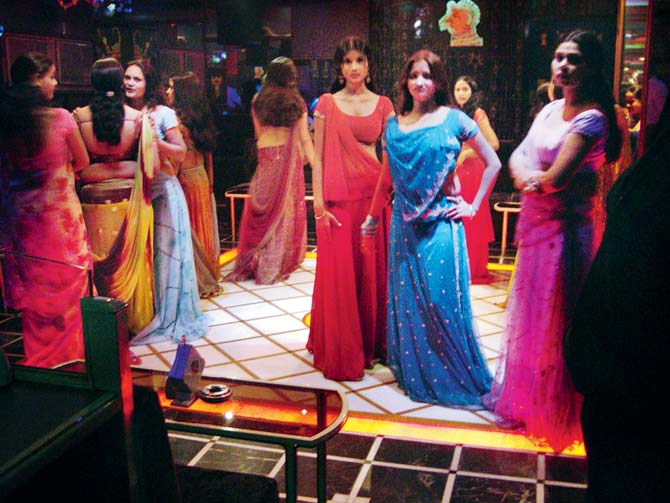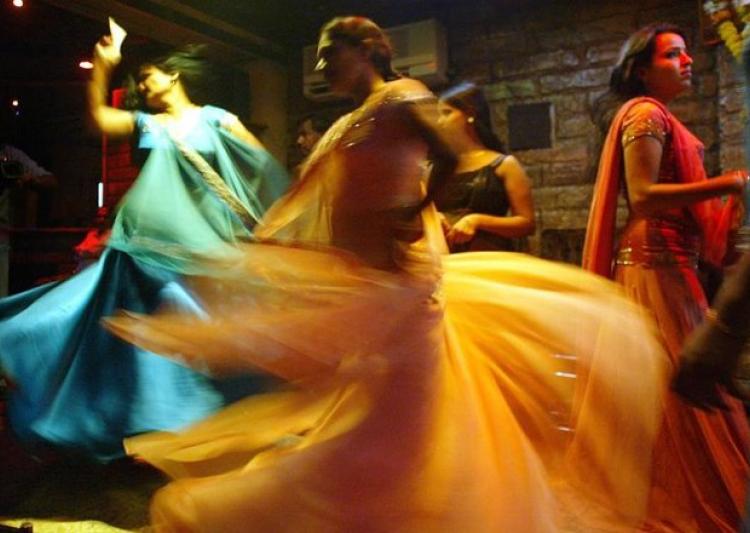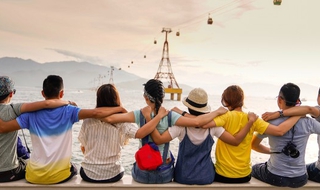The dance bars and bar dancers of Maharashtra, particularly Mumbai have had a tumultuous history. Sometimes labeled as a front for the flesh trade, sometimes described as an innocuous form of entertainment; sometimes flourishing openly, sometimes operating clandestinely; the women engaged as bar dancers and others engaged in the business have had a very rocky time of it all. Banned as obscene and a threat to public morality, dance bars had their licenses revoked earlier. Recently the Supreme Court had this to say about dance bars in Mumbai:
Government slammed for noncompliance

A Supreme Court order had directed the Maharashtra government to grant licenses to dance bar owners by 15th March 2016 which was not done. Only 4 out of the 100 licenses were granted and the SC said that the appropriate permissions should be given within a week. It was the apex court’s view, that while the authorities could regulate activities they could not deny the licenses sought and struck down two state government amendments which prohibited bars.
“Dancing better than begging”
The Supreme Court observed that “It’s better for women to perform in dance bars than begging on streets or indulging in unacceptable activities.” Clearly the court was opining on the fact that the ban on dance bars caused these women to operate illegally or forced women into abject poverty or outright prostitution. The court however did clarify that provisions meant to safeguard women and protect them against exploitation would be enforceable.
26 pre-conditions for running dance bars
The zeal of the police and other authorities to protect ‘public morality’ from the ‘corrupting influences’ of these bars had them present a list of 26 conditions that bar owners would have to comply with if they wanted to run these bars. The SC gave its nod to conditions such as keeping a distance between the dancers and the spectators and the installation of railings to demarcate the performance area from the seating area. Verification of dancers’ criminal antecedents was also OK, said the SC. Conditions such as paying a fixed salary to the women who danced in the bars and the providing transportation to go home at night were also upheld.
“Live streaming into police stations? No!”

However the Supreme Court rejected conditions such as not serving liquor or not permitting bars close to schools and places of religious worship (“How can it be? Have you banned liquor?” the bench asked). The SC also rejected the condition that a live feed from the dance area be streamed into police stations. Closed-circuit TV for the entrance was fine, but clearly the SC saw no need why the police on duty should get to watch the live feed of the actual dance; an activity it so zealously tried to ban.
While the courts and police sort out their rules and regulations, we’d love to hear your opinion on this in the comments.
Author – Reena Daruwalla





